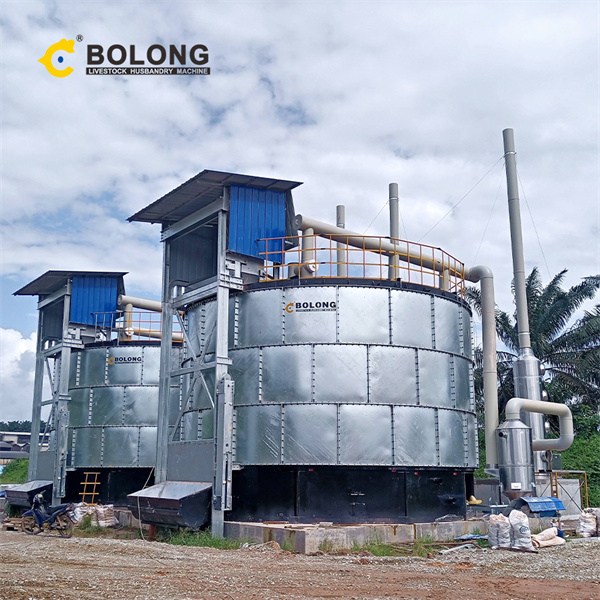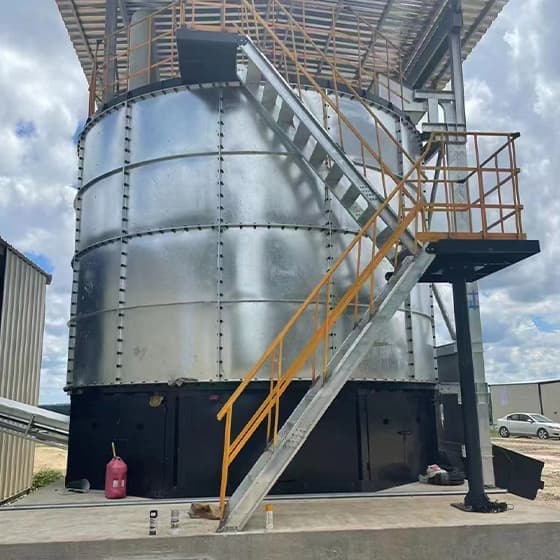Reducing greenhouse gas emissions is a global priority. Fermentation tanks contribute to this goal by converting organic waste into compost, thereby minimizing methane emissions from traditional waste disposal methods.

Organic waste in landfills generates methane, a potent greenhouse gas. Traditional waste management practices contribute significantly to global greenhouse gas emissions, exacerbating climate change.
Fermentation tanks use aerobic processes, which do not produce methane. Instead, they create an environment where organic waste is decomposed efficiently, converting it into stable compost without harmful emissions.
By reducing methane emissions, fermentation tanks help mitigate climate change. Additionally, the compost produced can improve soil carbon sequestration, further contributing to greenhouse gas reduction.

Fermentation tanks are an effective tool for reducing greenhouse gas emissions. Their use supports sustainable waste management practices and helps combat climate change.